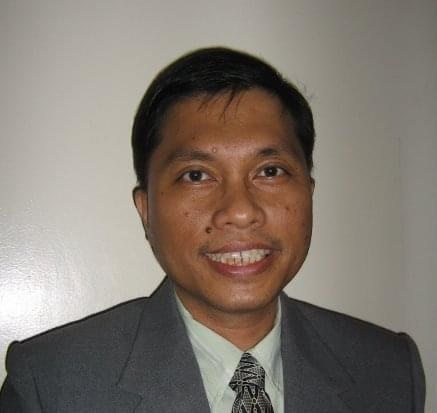OBLIQUE OBSERVATIONS
By Atty. Gilberto Lauengco, J.D.
The next generation of Filipino farmers
Share
“It takes a village to raise a child.” This is an old proverb commonly attributed to African cultures. It means that it takes a whole community of people to provide the environment for children to properly grow and develop.
In meetings with several farmers lately, I have been hearing a common sentiment from many of the farmers that they don’t want their children to be farmers or involved in agriculture in any way because of financial and physical burdens. There are indeed fewer and fewer young people going into farming.
The average age of Filipino farmers is 53. According to studies at this rate we will have a critical shortage of farmers in 12 years. Who will grow our produce then? How can we produce the next generation of farmers?
The national government has set aside a large budget for financial and other forms of assistance and farmer subsidies. Unfortunately, the government needs to teach, guide and monitor our nation’s farmers to ensure that they maximize these programs. In addition, agriculture program implementation has been devolved to the provincial and municipal governments but the local agricultural extension workers are often few and undertrained. They need to be capacitated further. Many local agricultural officers mean well but there are a few bad eggs among them. The public, therefore, must participate in monitoring these programs and reporting actively any mistakes or worse, anomalies. A synergy between national programs, local implementation and private vigilance must be arrived to allow farmers to benefit financially. If the current generation of farmers earn more perhaps this can spur the next generation to take up farming.
There are some initiatives to add agriculture to current curriculum thus converting STEM (science, technology, engineering, mathematics) to STEAM. There are also some bilateral initiatives to get young people interested in agriculture. Taiwan has hosted a program to bring Filipinos interested in agriculture and aquaculture to Taiwan to stay in farms and learn techniques and technology. After finishing the program, they are encouraged to use what they learn back in the Philippines. These agricultural and aquaculture interns however must have places and opportunities here to use what they learn and earn a livelihood. Perhaps more bilateral programs can be initiated. Private organizations have been cropping up to set up sustainable farm projects where these young people can work. There is a need for more privately led efforts in this area. If the initiatives deal with organic farming there are incentives under our laws which can make it lucrative.
Perhaps, the best way to encourage more young people to enter farming is to support farming groups whose main goal is to promote farming in general. ASFARNET or Asian Farmers Network is one of the few farmers organizations which was organized by true farmers. It has been in forefront of many battles and campaigns to improve the lives of farmers. Organizations such as ASFARNET need help. There are already some schools and some private business organizations that have looked into collaborating or entering joint venture projects with farmer groups. If the farmers in these groups are given the help they need to promote better lives for farmers perhaps it will encourage their sons and daughters to take up farming too. This will take the efforts of all sectors of our society.
Truly, it will take a village to raise the next generation of farmers. It will take the whole community or the whole society to help ensure that we will still have a next generation of farmers.
The great Mahatma Gandhi once said, that “to forget how to dig the earth and to tend the soil is to forget ourselves.” If we do not all pitch in now, this tragedy can occur.
This is my oblique observation.
Comments
About the Columnist

ATTY. GILBERTO LAUENGCO, J.D. is a lawyer, educator, political strategist, government consultant, Lego enthusiast, and the director of CAER Think Tank. He is a Former Vice Chairman of MECO, Special Assistant of NFA and City Administrator among others. His broad experience has molded his unique approach to issues analysis which he calls the oblique observation.
